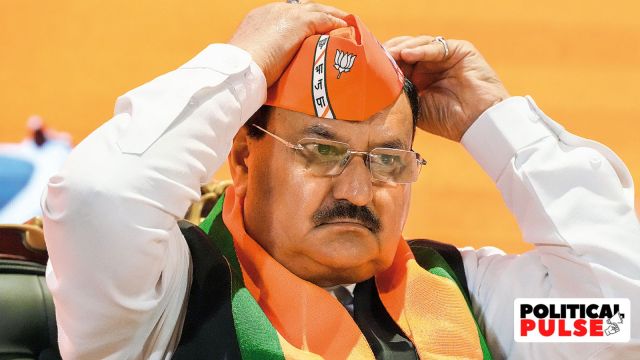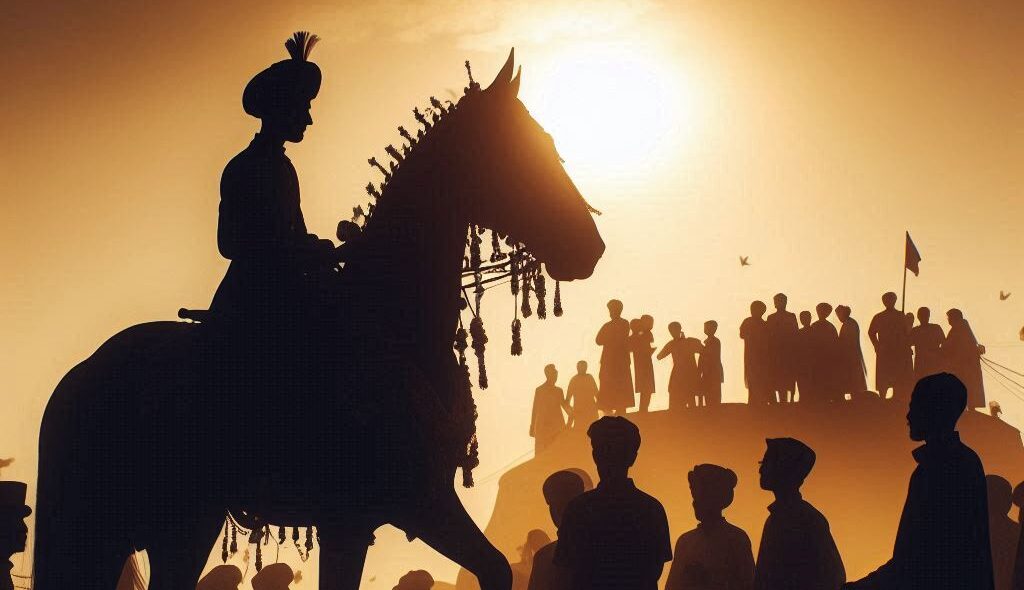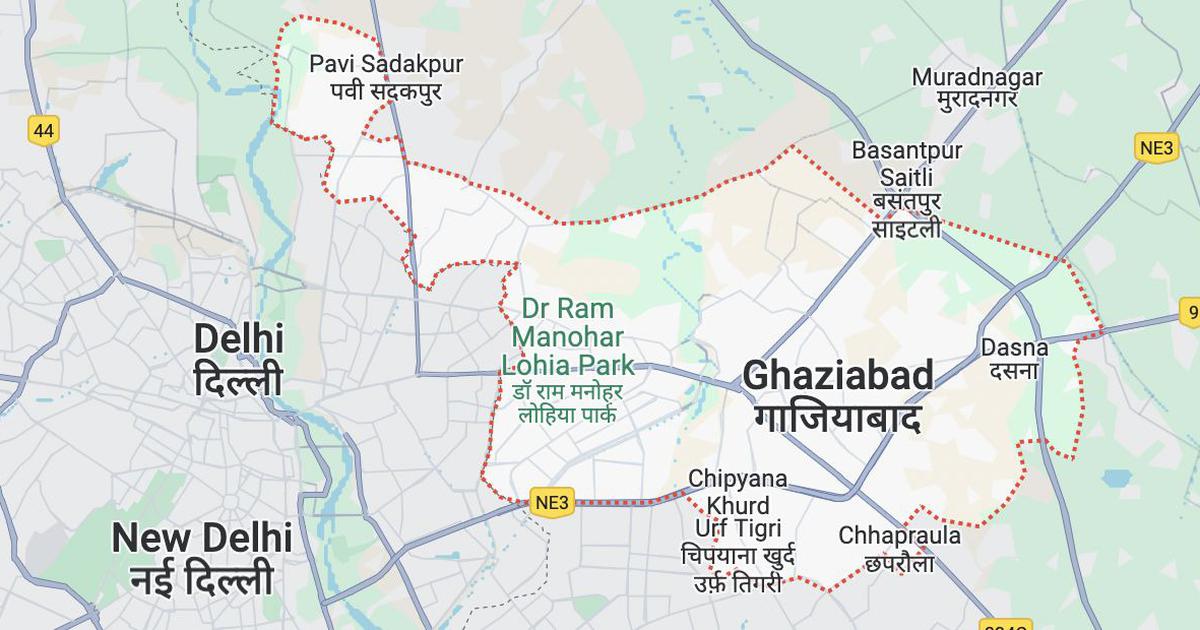
The word lynching is of foreign origin. But this does not mean that mob killings are alien to India
In the years since Narendra Modi was elected in 2014, ugly mob hate has spilled onto the streets, trains and people’s homes. Fevered throngs surround, brutally assault and sometimes kill unarmed men, mostly Muslim. The crowds allege that the men had slaughtered cows, or were thieves; but sometimes their only crime — as when a child was stabbed to death on a crowded train near Delhi — is that they are visibly Muslim.
Living in denial
We describe these mob killings as lynching. The initial response of the ruling establishment to criticism of this frightening rising graph of lynching during the Modi regime was one of denial. Both the leadership of the Bharatiya Janata Party (BJP) and its ideological mentor, the Rashtriya Swayamsevak Sangh (RSS), claimed that these were simple failures of law and order, ordinary crimes which had ensued under every regime. Vested interests opposed to the leadership of Mr. Modi and the BJP imposed on these statistically insignificant, random and spontaneous crimes a pattern and called these an epidemic of lynching.
However, this defence began to crumble as horrific lynch attacks continued to rock many parts of the country. The second rationalisation, which echoed in television studios each time stories of lynching briefly stirred our public conscience, was that these attacks occurred because Muslims continue to traffic and slaughter cows, callous to the sentiments of their Hindu neighbours. Hindus, according to this vindication, are understandably provoked. Not normally given to violence, they sometimes cross a line, which is regrettable but natural. Such violence will end only if Muslims and Christians learn to respect the sentiments of the majority Hindu community, and abjure from cow slaughter.
Flaws in the argument
There were many obvious flaws in this argument: Hindus, including Dalits and Adivasis, in many parts of India eat beef; Hindu farmers give up their aged cattle for culling because it is no longer economically viable for them to feed unproductive cattle; Muslim dairy farmers are no less devoted to their cattle than Hindus; in the majority of lynch attacks (such as of Pehlu Khan) the animals are transported for dairying, and not for slaughter; and nothing explains the sudden outbreak of lynching in many corners of the country under the present ruling dispensation (98% of cow-related lynching since 2010 occurred after 2014).
In his annual Dussehra address, RSS chief Mohan Bhagwat felt compelled to provide more compelling explanations; therefore he spoke expansively about lynching. Because of the enormous influence which the RSS wields on BJP governments, the words of the RSS head must be held to close scrutiny.
He made five main points. The first is that lynching is a foreign Biblical practice, alien to Indian traditions. The second is that Indians are culturally non-violent. The third is that the RSS has no role in these lynch attacks, and tries to prevent these. The fourth is that many ordinary crimes are wrongly portrayed as lynching. And last that the law should be strengthened, if necessary, to ensure those guilty of these crimes are punished. Let me consider each of these in turn.
There indeed is no word for lynching in most Indian languages (except in Bengali — ganadholai — possibly because Kolkata for many years witnessed lynching of pick-pockets). But Mr. Bhagwat’s claim that lynching is a practice created by religions whose ‘sacred book is written outside India’ conforms to the customary RSS bigotry against Christian and Muslim religions, demonising their beliefs. The example he picks from the Bible in fact is one which seeks to teach love and compassion, not hate. Jesus tells a crowd bent on stoning an adulterous woman — ‘He that is without sin among you, let him first cast a stone at her.’
Word origins
The word lynching in fact originated in the United States in the mid-18th century. Historians believe that the term was first used by planter Charles Lynch to describe extra-judicial authority assumed by private individuals like him. It came to be applied over time to extra-judicial killings by crowds, most commonly of African-Americans in the late 19th century.
Although the word lynching is of foreign origin, this does not mean that mob killings are alien to India. Single women have frequently been lynched through the centuries, branded as witches. Dalits have been lynched with enormous cruelty for millennia. Jhajjar, Khairlanji and Una are just three recent sites of ghastly lynching of Dalits. In recent years, Dalits have been lynched for growing a moustache, riding a horse, or building a two-storey home.
Mr. Bhagwat’s claim that Indians are culturally non-violent and their culture promotes peaceful coexistence also does not stand up to historical or contemporary scrutiny. The example he offers, that disputes over water were settled amicably by adversaries through dialogue is a cruel joke, because many of the most gruesome lynch attacks on Dalits have occurred when they have simply sought a share of water, even today. It was to draw water from a public lake that B.R. Ambedkar had to wage a powerful public agitation.
Right’s connection
But perhaps the most brazen untruth is Mr. Bhagwat’s contention that the RSS has nothing to do with lynch attacks, and contrarily prevent them. In more than 31 journeys to lynching sites with the Karwan e Mohabbat, I have found no lynching which is spontaneous, nor any in which anyone, least of all RSS members, have tried to prevent the lynching. The vigilantes make no secret of their adherence to hard-line violent Hindutva beliefs; and victims of lynching are most often Muslims who are sometimes forced to recite ‘Jai Shri Ram’. In a strict technical sense, their membership of the RSS cannot be proved, as there is no public record of the formal adherents of the RSS. Just as Nathuram Godse may not have been a formal member of the RSS at the time he assassinated Mahatma Gandhi; but this cannot obscure the reality that Godse and the vigilantes were driven by Hindu supremacist ideologies of the RSS.
Mr. Bhagwat’s fourth claim that many lynchings are ordinary crimes are an older rationalisation, deliberately obscuring the character of lynching as hate crimes that target people because of their identity. It cannot be a coincidence that 86% of people killed in cow-related attacks are Muslim.
The final avowal by Mr. Bhagwat of the need for tougher laws to bring lynch mobs to justice carries little credibility, because the majority of these attacks occur in BJP-ruled States, and existing laws are more than sufficient to secure justice against the attackers. Instead, almost without exception, police administrations in all these States exert to protect the killers, and criminalise the victims.
Mr. Bhagwat, in these ways, relies on many old RSS tropes — demonising ‘foreign religions’ for advocating violence; characterising Indian culture as intrinsically peaceable; and releasing the RSS from responsibility in instigating, organising and valorising this violence; and State governments from failures to prevent lynching and ensuring justice.
It is hardly surprising lynching survivors can draw no solace, security or healing from his declarations. His words are arid in compassion, displaying neither acknowledgement nor remorse. There seems no early end therefore to the long dark night of hate and fear that has been unleashed by lynching, the scourge of new India.
This story first appeared in The Hindu on October 16, 2019 here.






